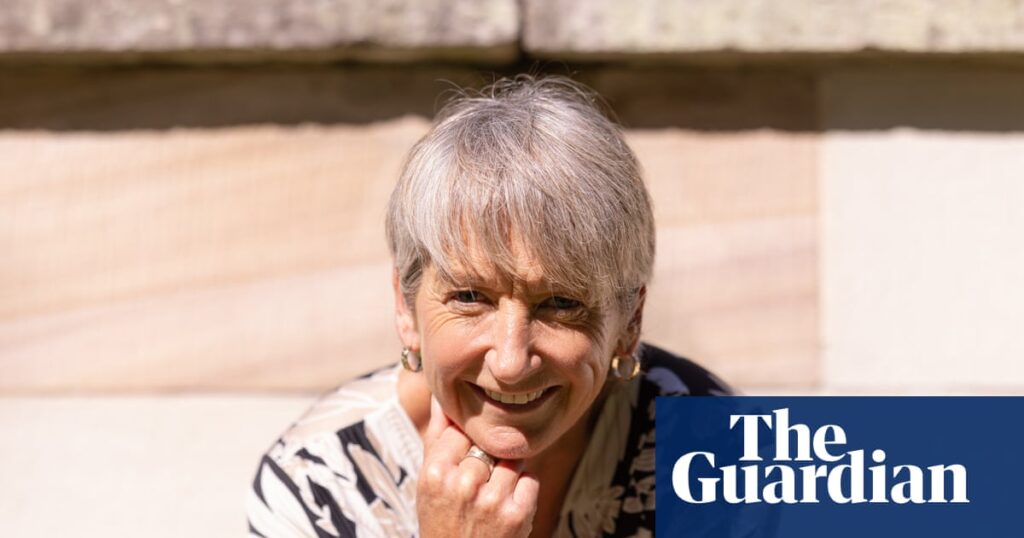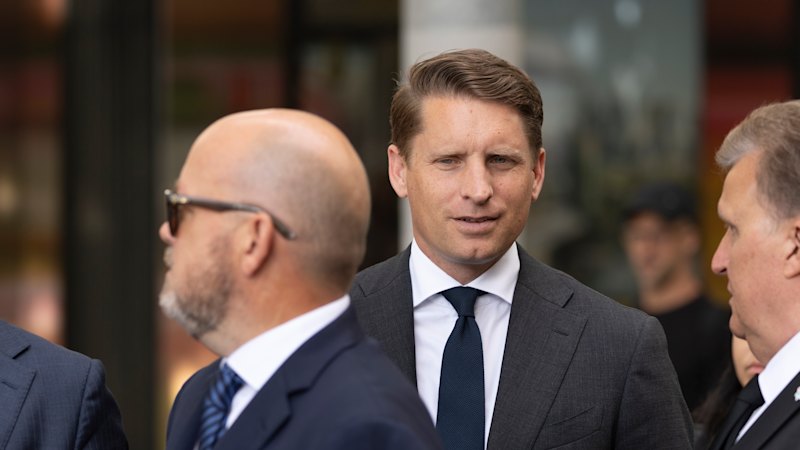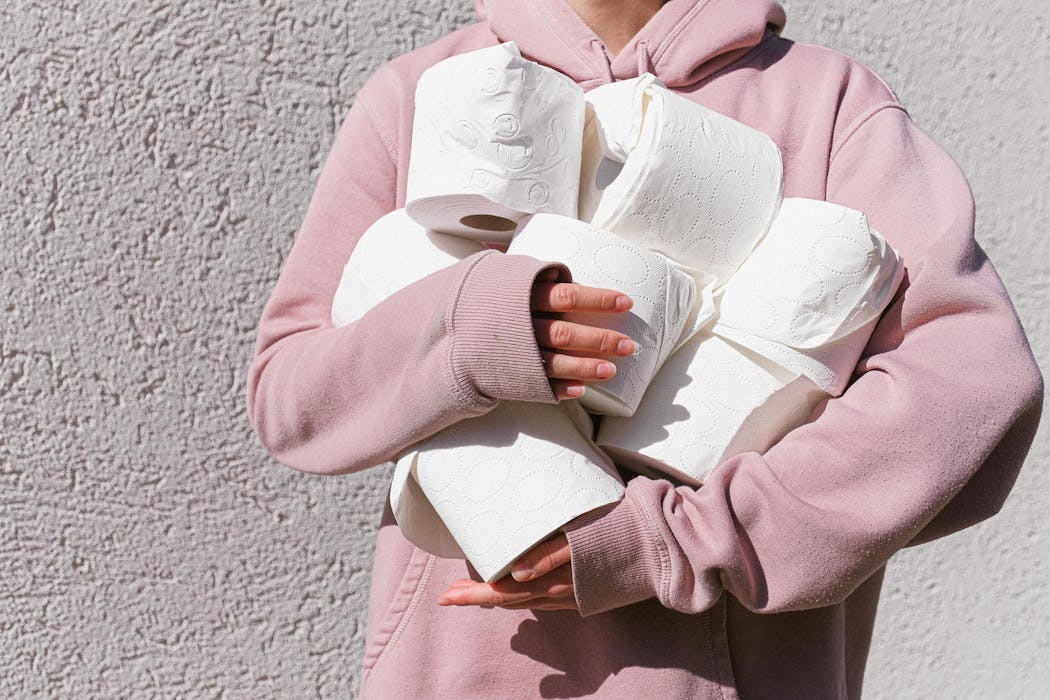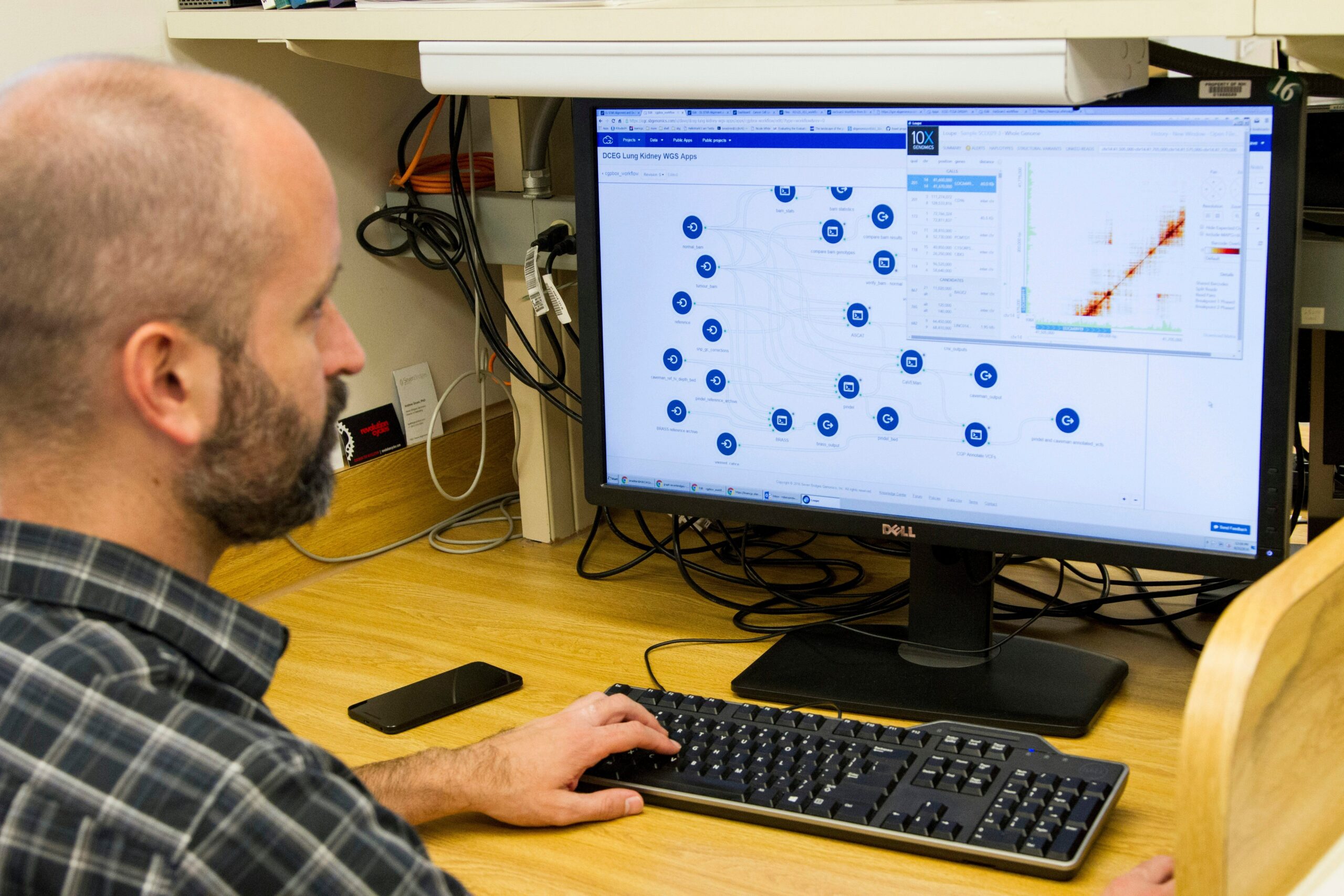
Layne Beachley begins each day with a visit to her happy place. Ideally, she spends no less than an hour surfing her local break at Freshwater on Sydney’s northern beaches after the “briefcase bandits and schoolkids” have been and gone. Today, she tweaks her morning routine to make time to meet in the Royal Botanic Garden on the other side of Sydney Harbour.
With 12 surfboards in the garage and almost five decades of the daily ritual in her arms and legs, the seven-time world surfing champion is prepared for any and all conditions in the water. When the waves are not quite to her liking, or on a rare occasion when she accepts she has too much else to do, Beachley still finds time to slip into the ocean.
“I prioritise surfing over most things,” Beachley says. “It’s my happy place. It’s where I decompress. It’s where I fill my own cup. And it helps me feel inspired and motivated, which then helps me inspire and motivate others.”
From Fierce Competitor to Reflective Leader
The chair of Surfing Australia insists their meeting away from the best breaks in the city is to enjoy the calm and quiet space, rather than to avoid any local celebrity spotters around Manly or Freshwater. “They’re just so used to seeing me, no one really cares,” Beachley says. “Sometimes if I paddle out to a new spot, I might get, ‘Oh, what are you doing out here?’ The answer is always the same, ‘Surfing, like you.’”
Beachley has had to learn to slow down – in and out of the water. She won seven world titles – including a record-breaking six in a row between 1998 and 2003 – with a relentless determination to be “the best of the best”. She now recognises that she paid a price, as much as her opponents, for her win-at-all-costs mentality.
“My peers tagged me as having the compassion of a tiger shark,” she says. “I was very fierce. I was very focused. I was very driven. I had expectations of myself, which I then projected on to other people. It was all just really toxic and I was hard work to be around.”
Personal Triumphs and Challenges
When considering which of her many sporting and personal successes now feels like her crowning achievement, Beachley splits her seven world titles into two categories. The first and last are what she calls “love-based world titles”, when she was able to focus on the process. In between are five “fear-based world titles”, when any joy was sucked out by being “outcome-driven”.
“I literally only remember the world titles that I won based on the way I celebrated them,” Beachley says. “So I don’t remember winning my second one. I didn’t even celebrate it. It was just a matter of … next.”
Beachley started surfing at the age of four. Along with her family, she became known in the Manly surfing scene. By 15, she was competing and winning against men as she developed a strength and style that would take her across the globe. But even as she set the highest of standards and broke records for world titles and riding the biggest waves, Beachley was still searching for a sense of satisfaction.
“I got to my sixth title, my sixth consecutive one, and I realised that what I was going for was not the shiny thing,” she says. “It was not the trophies, it was not the world titles. It was self-worth, it was love.”
Overcoming Physical and Emotional Hurdles
Beachley not only bears mental scars from decades of competitive surfing. She has physical reminders of the years she spent pushing her body to breaking point – and sometimes beyond. A spine injury sustained in a frightening fall while surfing in Hawaii remains the most dramatic. But the problems now start at her hips and lower back and spread further out.
“All of my aches and pains are a result of self-abuse,” she says. “I’ve flogged my body and I never really, until I got older and wiser, so to speak, allowed myself to heal.”
It took Beachley several years after her retirement from competitive surfing in 2008, and a not-so-gentle nudge from her husband, Kirk Pengelly, to properly give attention to her mental health and wellbeing. A first of her two significant “wake-up calls” had come during her surfing career, when she “severed 80% of my spinal cord, continued competing and didn’t really treat it at all”.
The second came when Pengelly – a guitarist, saxophonist and founding member of INXS – stopped Beachley in her tracks when he asked, “Why do I always get the broken Layne?”
Empowering Others Through Experience
Beachley is now a motivational speaker who draws on her experience of overcoming challenges and setbacks to try to empower lives through connection, confidence, and self-care. She co-founded Awake Academy with Tess Brouwer, a positive psychology practitioner and wellness coach, in 2020 and this month will release a podcast called The Wake-Up Call. “We’re literally asking the question, ‘Why do we wait for the wake-up call before we actually start taking good care of ourselves?’”
The 53-year-old might still spend as much time as possible in the waters that she grew up in and around, but much has changed since she was one of barely any girls learning to surf. Australia has had four other women claim world surfing titles since Beachley’s last in 2006, including Stephanie Gilmore, who went on to break Beachley’s record with an eighth crown. Last month Molly Picklum, 22, joined the honor roll, with Beachley predicting more success to come.
“I first met Molly when she was 15,” she says. “She won the Layne Beachley award at my talent identification camp. To see someone like that fulfill their potential and, of course, truly know what it takes, I have the utmost admiration and respect.”
Beachley’s journey from a fiercely competitive world champion to a reflective leader and mentor underscores the transformative power of self-awareness and personal growth. Her story continues to inspire a new generation of surfers and individuals striving for balance and fulfillment in their own lives.







